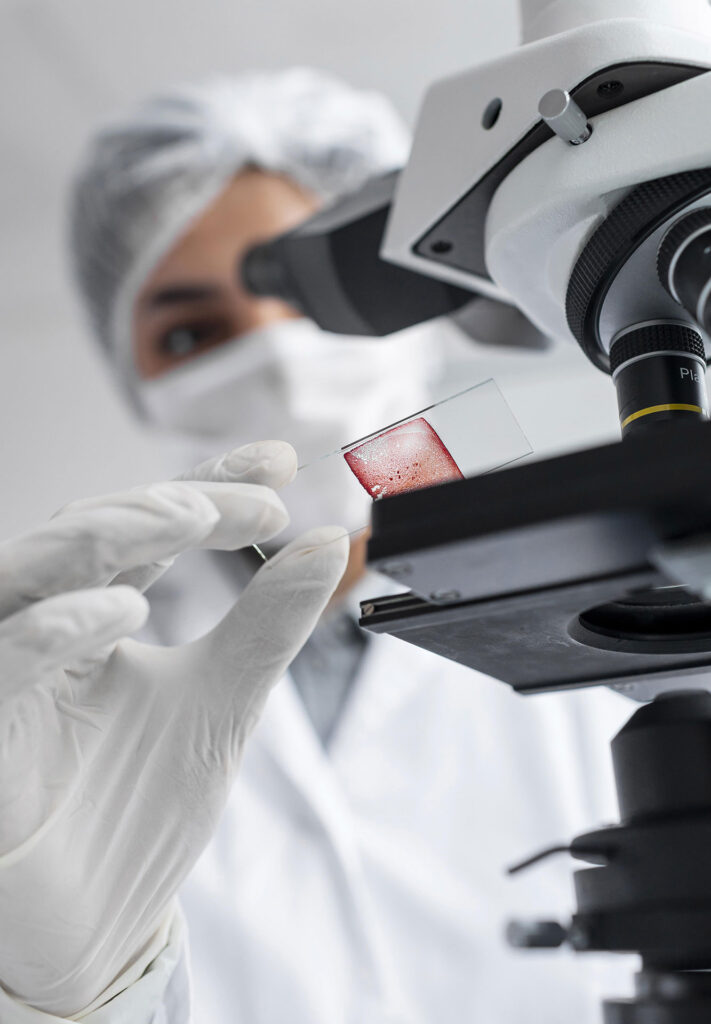The karyotype is a special study that is carried out with the objective of detecting numerical and structural alterations of the chromosomes. It is important to recognize that there are some abnormalities that cannot be ruled out, such as microdeletions and other abnormalities that occur in genes.
The normal karyotype of a woman is 46XX, that is, 46 somatic chromosomes, plus two sexual chromosomes (XX). The normal chromosome allocation in the male is 46 XY, that is to say, 46 somatic chromosomes.
When we refer to numerical alterations, it is when there is an abnormal number of chromosomes, whether somatic or sexual, for example, the genetic code in a Turner syndrome is 45 X, 0, while the genetic code in a Klinefelter syndrome is 47, XXY.

When we refer to structural alterations we refer to deletions, inversions, and translocations that have very specific consequences and different manifestations, for example, deletion of chromosome 5 will result in the Ccri-du-chat Syndrome and a Translocation of chromosomes 4 and 11 can lead to acute lymphocytic leukemia (ALL).
The most common reasons for a doctor to send a karyotype are:
1. Suspicion of a syndrome
2. Patient has a history of stillbirth
3. Developmental disorders in a child according to his size and age
4. Menstrual delay
5. Delayed puberty (in either the male or female patient)
6. History of several abortions
7. Infertility
To perform the karyotype, the patient is required to take a blood sample from the vein and proceed to culture, sacrifice and stain the G bands in the laboratory and then read the result in around 15 days. You can also take a karyotype of the amniotic fluid through amniocentesis. In these cases, the perinatologist (now known as a maternal-fetal doctor) has observed, via ultrasound, some alterations in the development of the fetus in the womb.
We usually recommend having a Keryotye test to couples struggling with infertility, but it is especially important for couples who have had multiple miscarriages or those suspected of carrying a particular syndrome. It is also recommended for patients who have had repeated embryo implantation failures after in vitro fertilization.
Since more specialized studies will require massive sequencing of the entire genome, array of CGH, or panels in search of a specific microdeletion, a geneticist is of vital importance to determine the type of study that should be carried out.
THE KARYOTYPE IS AN IMPORTANT STUDY, BUT IT MUST BE CARRIED OUT ON THE BASIS OF THE CHARACTERISTICS AND PARTICULAR HISTORY OF EACH COUPLE OR EACH PREGNANCY




